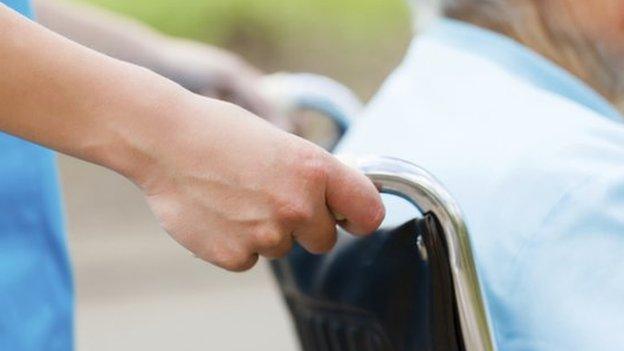Brexit 'will make NHS staff shortages worse'
- Published

The vote to leave the EU risks making staffing shortages in the NHS worse, health leaders are warning.
The NHS Confederation said doctors and nurses from Europe may be put off accepting jobs after the referendum.
If that happened the NHS could face some major problems, it said.
The organisation, which represents health managers, said there were currently 130,000 EU health and care workers in the UK, including 10% of doctors and 5% of nurses.
Elisabetta Zanon, the director of the NHS Confederation's European office, said: "There is a real risk the uncertainty and the falling value of the pound will make people think again.
"If that happens, we could see shortages in some key areas get worse."
A report earlier this year from the House of Commons Public Accounts Committee warned the front line in England may be as many as 50,000 staff short - out of a workforce of slightly more than 800,000 clinical staff.
Ms Zanon also said Brexit could have an impact on medical research and the free healthcare Britons received when abroad.
But she said the workforce issue was the most pressing, as the impact could be felt straightaway.
And there were signs this had already started happening, with reports that an EU recruitment drive in West Yorkshire had already run into difficulties.
To counter the problems, the NHS Confederation has even launched a Twitter campaign called #LoveOurEUStaff.
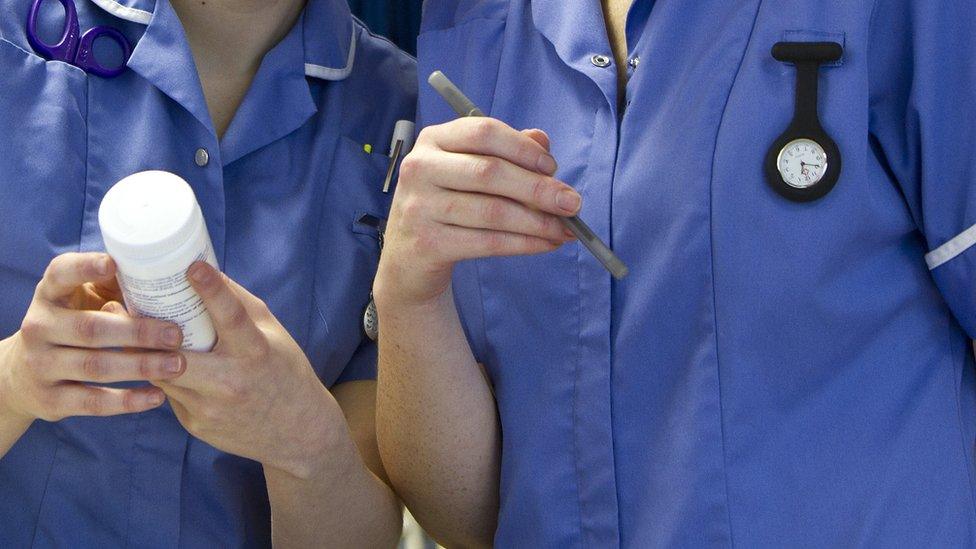
Speaking at a conference in London, the former Health Secretary and Tory peer Lord Lansley agreed there were many areas of concern.
"The EU may not tell us how to manage our NHS, but it impacts in many ways," he said.
Lord Lansley said the medical research community was clearly "distraught" and leaving the EU would require steps such as writing the UK's own competition law for the public sector.
And he called on the sector to help put the case in the coming months for why it was important to protect the rights of people from the EU working the NHS.
"If we don't have enough people coming from the EU, our care sector cannot deliver."
Sarah Pickup, of the Local Government Association, which represents councils, which are in charge of services such as care homes and home help, said that sector would be affected too - an estimated 5% of care workers come from the EU.
She said while it was still early days, the impact on social care "needed thinking about".
Jeremy Hunt, England's health secretary, has tried to reassure EU health workers. "You do a brilliant job for your patients, you are a crucial part of our NHS and as a country we value you.
"We must all now do everything we can to ensure our whole workforce feels secure - because that is the only way we'll ensure we can deliver high-quality care for all."
- Published10 May 2016
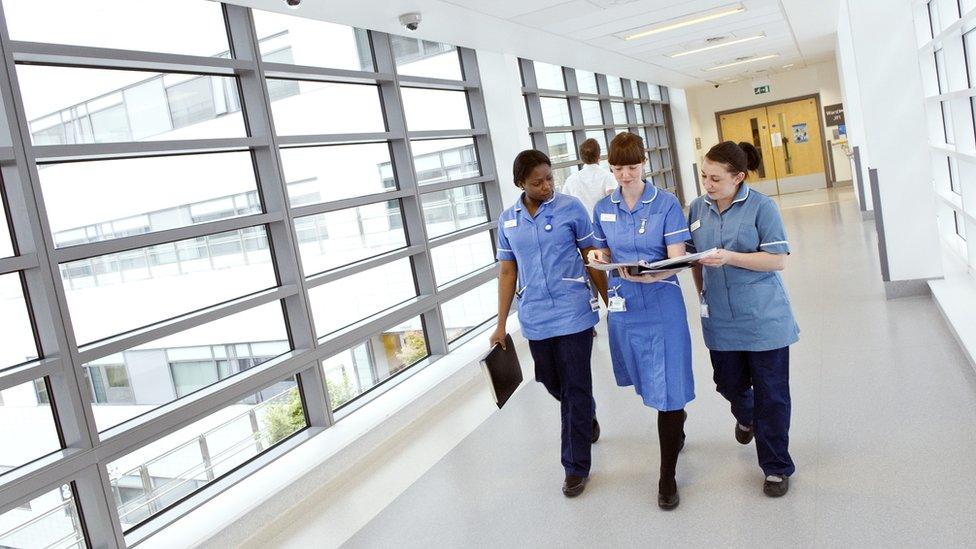
- Published10 September 2015
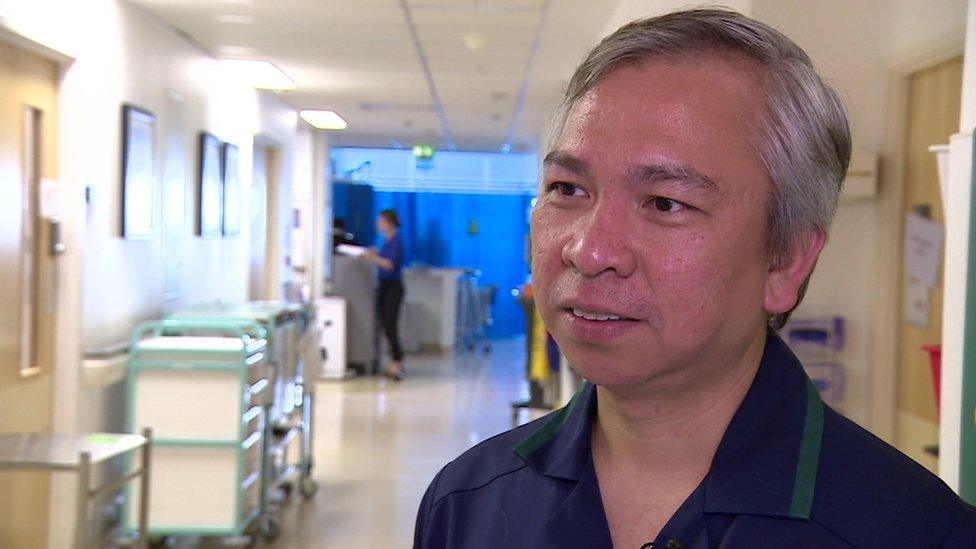
- Published11 March 2014
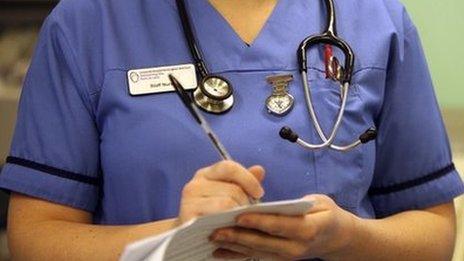
- Published14 January 2016
